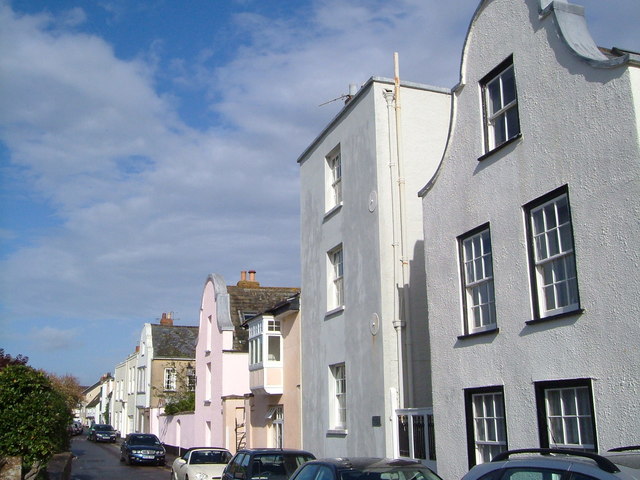|
Catherine Isabella Barmby
Catherine Isabella "Kate" Barmby (''née'' Watkins; 1816/1817 – 26 December 1853) was an English utopian socialist and writer on women's emancipation. She was the daughter of Bridstock Watkins and belonged to the lower-middle class. Little is known of her early life or education, but her instruction allowed her to become a writer and lecturer. She wrote several articles for the Owenite socialist newspaper '' New Moral World'' on feminist demands and her Millennialist beliefs. She was married to the socialist Goodwyn Barmby. Articles Watkins was first published In the ''New Moral World'' in 1835 under the pen-name Kate and continued writing for this journal for more than five years. The ''New Moral World'' was the official journal of the Owenite movement and was first issued in December 1834 after its predecessor '' The Pioneer'' ceased publication in July 1834. Her articles reflected the general Owenite feminist concerns at the time, such as women's reduced access to employm ... [...More Info...] [...Related Items...] OR: [Wikipedia] [Google] [Baidu] |
Topsham, Devon
Topsham (, also ) is a town in Devon, England, located on the east side of the River Exe, immediately north of its confluence with the River Clyst and the former's estuary, between Exeter and Exmouth. Topsham is a historic port and was designated a town by a 1300 royal charter granted by Edward I; it was formally amalgamated into the City of Exeter in 1966. The town is served by Topsham railway station, about midway on the branch line from Exeter Central to Exmouth, now called the Avocet Line; 2011 saw the 150th anniversary of the railway coming to Topsham. The electoral ward of Topsham had a population recorded at 5,519 in the 2011 census, though this ward extends further northwest and includes the east half of Countess Wear as well as the new suburb of Newcourt. History The native Celtic settlement of Topsham became the port of the Roman city of Isca Dumnoniorum (Exeter) in the first century AD, and continued to serve it until the Roman occupation of southern Britain cea ... [...More Info...] [...Related Items...] OR: [Wikipedia] [Google] [Baidu] |
